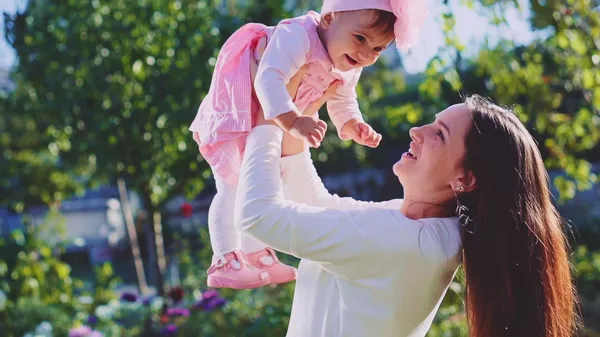As parents and caregivers, it is natural to wonder about a child’s development and milestones. Counting is one of the many milestones that parents look forward to, but the question arises: can most 2-year-olds count to 10? The answer is not a straightforward yes or no, as every child develops differently. Today, we will explore the typical development of a 2-year-old and what you can expect when it comes to counting.
What to Expect in a 2-Year-Old’s Development?
At 2 years old, a child is considered to be in the toddler stage of development. They are learning and growing rapidly in all areas, including cognitive, physical, and emotional development. During this stage, a child is expected to start mastering basic skills such as walking, running, climbing, and jumping. They also begin to develop language skills, social skills, and problem-solving abilities.
In terms of counting, a 2-year-old may be able to recite numbers from one to ten but may not fully understand the concept of counting. They may not yet understand that each number represents a specific quantity, nor can they associate numbers with specific objects or groups. However, this does not mean that a child cannot learn to count at an early age.
Factors That Affect Counting Ability in 2-Year-Olds
Every child is unique, and there are several factors that can affect their counting ability. Here are some factors that can impact a 2-year-old’s counting ability:
- Exposure to Numbers:
The more exposure a child has to numbers, the more likely they are to develop an understanding of counting. Activities such as counting toys, books, and playing counting games can help a child develop counting skills.
- Developmental Delays:
Some children may experience developmental delays that can affect their counting ability. These delays can be due to a variety of reasons, including genetics, medical conditions, or environmental factors.
- Learning Style:
Every child has their own learning style. Some children learn through visual aids, while others learn through hands-on activities. Understanding a child’s learning style can help parents and caregivers tailor activities to promote counting skills.
How to Encourage Counting in 2-Year-Olds?
Parents and caregivers can take steps to encourage counting skills in their 2-year-olds. Here are some activities that can help:
- Counting Objects:
Encourage your child to count objects such as toys, blocks, or food items. This helps them to associate numbers with specific quantities.
- Singing Songs:
Singing counting songs such as “One, Two, Buckle My Shoe” or “Five Little Monkeys” can help children develop counting skills in a fun and engaging way.
- Playing Games:
Playing games such as “I Spy” or “Counting Hide and Seek” can help children develop counting skills while having fun.
- Reading Books:
Reading books that involve counting, such as “Ten Little Ladybugs” or “The Very Hungry Caterpillar,” can help children develop an understanding of counting concepts.
When to Seek Professional Help?
If you are concerned about your child’s counting ability or developmental progress, it is essential to seek professional help. A pediatrician or developmental specialist can evaluate your child and determine if there are any developmental delays that require intervention.
In conclusion, every child develops differently, and there is no set timeline for counting skills to develop. While some 2-year-olds may be able to count to 10, others may need more time and support. By providing a supportive and engaging environment, parents and caregivers can help children develop counting skills that will serve them well throughout their lives.
It’s important to remember that counting is just one aspect of early childhood development. Children also need to develop other foundational skills, such as language, fine and gross motor skills, and social-emotional skills. As children grow and develop, it’s important to support their development in all areas.
If you have concerns about your child’s development, talk to their pediatrician or a developmental specialist. They can assess your child’s development and provide guidance and support as needed. With patience, support, and a nurturing environment, children can develop strong counting skills and many other important skills that will set them up for success in school and beyond.


